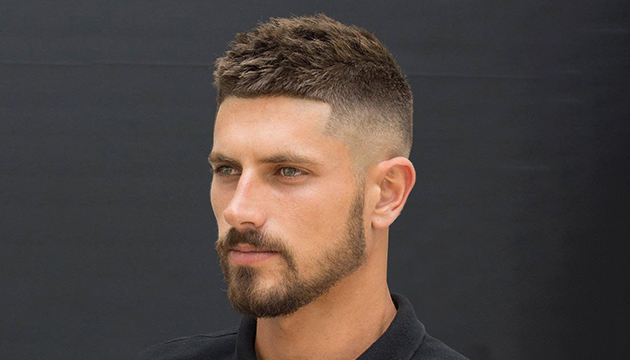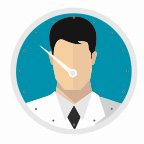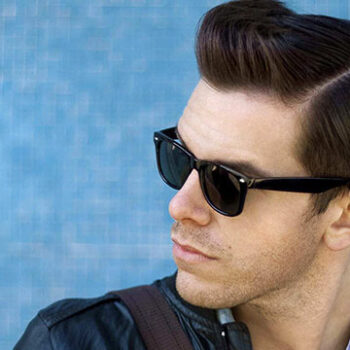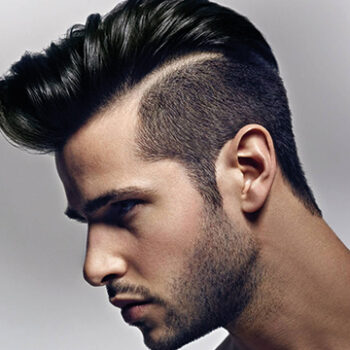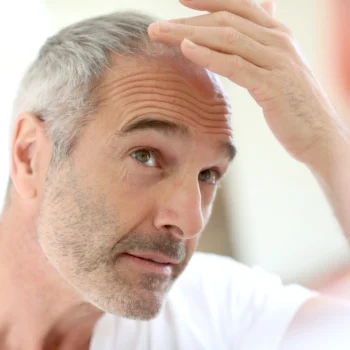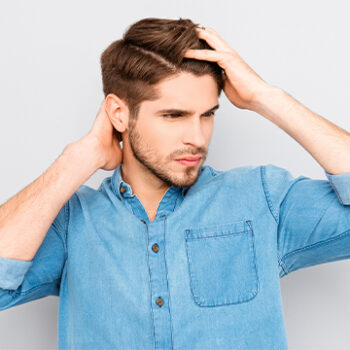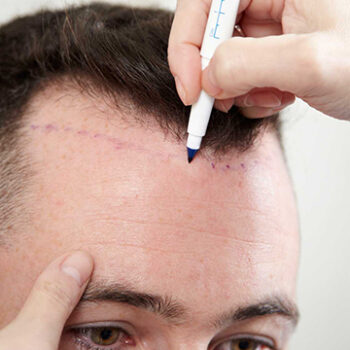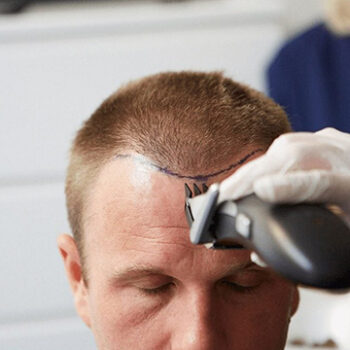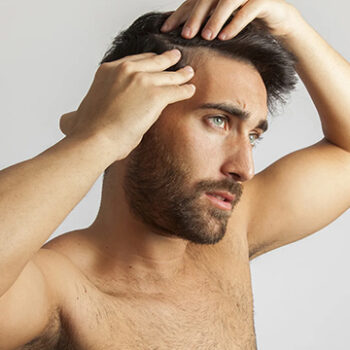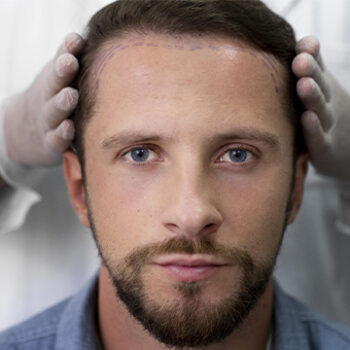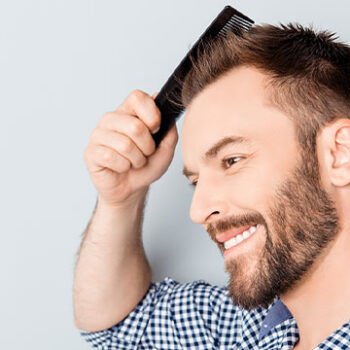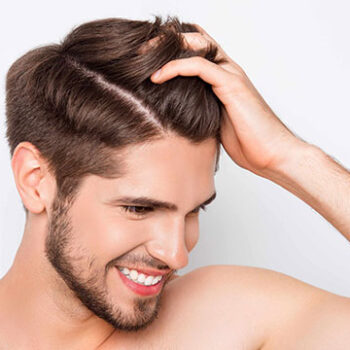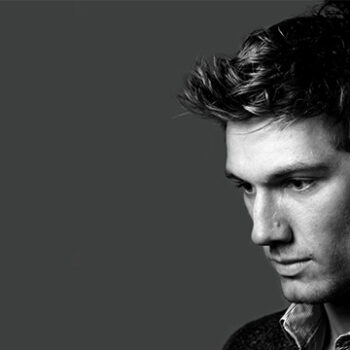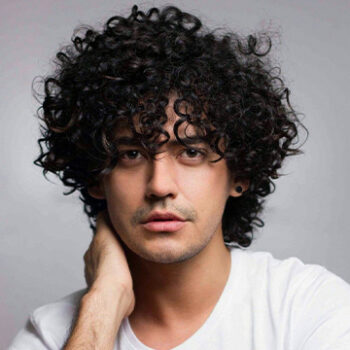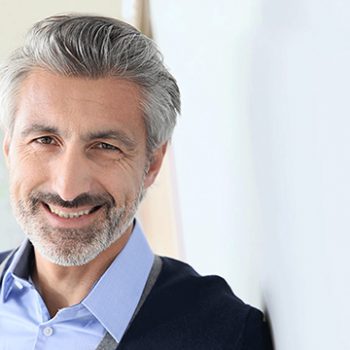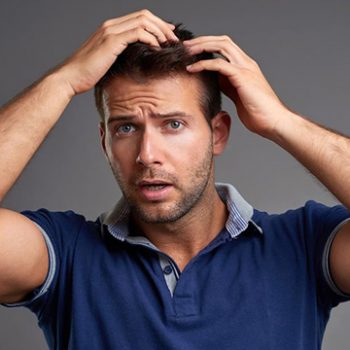A hair transplant is a significant step in restoring your hair and confidence. To ensure the best possible results, it’s important to follow certain guidelines before and after the procedure. Below, we’ve outlined what to do and what to avoid during both the pre-surgery and post-surgery phases.
What You Should Do Before a Hair Transplant
Consultation with the Surgeon:
Before the procedure, schedule a detailed consultation with the surgeon. This meeting is vital for evaluating your hair loss, discussing your goals, and determining the best hair transplant technique for you (e.g., FUE or DHI).
Follow Pre-Surgery Instructions:
Your clinic will provide specific pre-surgery instructions. These might include guidelines on medications, dietary restrictions, and other preparations. Following these instructions is essential for a smooth procedure.
Quit Smoking:
If you smoke, it’s important to stop at least a few weeks before your surgery. Smoking can impair circulation and hinder healing after the procedure.
Avoid Alcohol:
Refrain from drinking alcohol at least 3-5 days before the surgery. Alcohol can interfere with anesthesia, increase the risk of bleeding, and affect the healing process.
Keep Your Scalp Clean:
Ensure that your scalp is clean before the procedure. Your surgeon may recommend washing your hair on the day of the surgery to reduce the risk of infection.
Stay Hydrated:
Drink plenty of water before the procedure. Staying hydrated helps to maintain healthy skin and overall health during the surgery.
What You Should Avoid Before a Hair Transplant
Avoid Blood-Thinning Medications:
Certain medications, such as aspirin or other blood-thinners, should be avoided prior to your hair transplant. These can increase the risk of bleeding during surgery. Always consult your surgeon about any medications you’re taking.
Avoid Stress and Anxiety:
Try to reduce stress and anxiety before the surgery. A relaxed state before surgery can help improve your overall experience and help you recover more quickly.
Avoid Sun Exposure:
It’s best to avoid excessive sun exposure for a few days before the procedure. Sunburn can irritate the scalp and may affect healing post-surgery.
Don’t Have a Haircut Right Before the Surgery:
Avoid cutting or trimming your hair too short right before your transplant. While your hair won’t be shaved during the surgery, your surgeon may prefer a specific length to facilitate the procedure.
What You Should Do After a Hair Transplant
Follow Post-Operative Care Instructions:
After the transplant, your surgeon will give you detailed aftercare instructions. Be sure to follow these to ensure proper healing and optimal results. This will include how to wash your hair, which medications to take, and when to return for follow-up appointments.
Rest and Recover:
Take time to rest after your procedure. The first few days are crucial for healing, so avoid strenuous activities and make sure you’re giving your body enough time to recover.
Keep Your Head Elevated:
For the first few nights, keep your head elevated while sleeping. This can help reduce swelling and promote healing. Using extra pillows or a reclining chair can be beneficial.
Use Medication as Prescribed:
Your surgeon may prescribe medications to help manage pain, reduce swelling, or prevent infection. It’s important to take these as directed to ensure a smooth recovery process.
Be Gentle When Washing Your Hair:
For the first few weeks after your surgery, your scalp will be sensitive. When washing your hair, be gentle and follow the specific washing instructions your clinic provides to avoid dislodging transplanted hair follicles.
Protect Your Scalp from Sun Exposure:
Avoid direct sun exposure for at least 2-3 weeks after the surgery. If you need to go outside, wear a loose-fitting hat or cap to protect your scalp.
What You Should Avoid After a Hair Transplant
Avoid Touching or Scratching the Scalp:
It’s tempting to touch the transplanted area, especially if it feels itchy, but avoid scratching or picking at the scalp. This can cause infection or damage to the newly transplanted hair follicles.
Avoid Heavy Exercise and Physical Activity:
Refrain from strenuous activities or heavy lifting for at least two weeks after the procedure. Intense physical activity can cause sweating, which may irritate the scalp or lead to infection.
Avoid Smoking:
Smoking after the transplant can hinder the healing process and affect hair growth. It’s important to continue refraining from smoking until your scalp has fully healed.
Avoid Hair Coloring and Chemical Treatments:
Do not use hair dyes or chemical treatments on your scalp for at least a month after the procedure. These can irritate the sensitive scalp and affect the healing of transplanted hair follicles.
Avoid Direct Sun Exposure:
As mentioned earlier, avoid exposing your scalp to direct sunlight, especially in the first few weeks. UV rays can damage the healing skin and affect the transplanted hair follicles.
Avoid Alcohol:
Avoid alcohol consumption during the first few weeks after the transplant. Alcohol can increase swelling and affect your immune system, which can hinder the healing process.

 English
English Français
Français Deutsch
Deutsch Türkçe
Türkçe 中國人
中國人